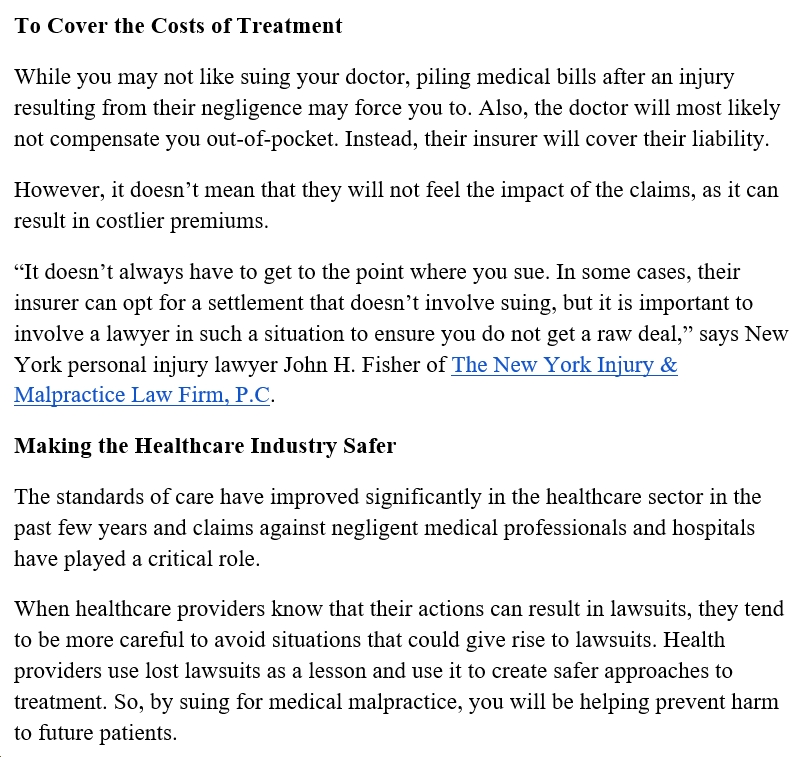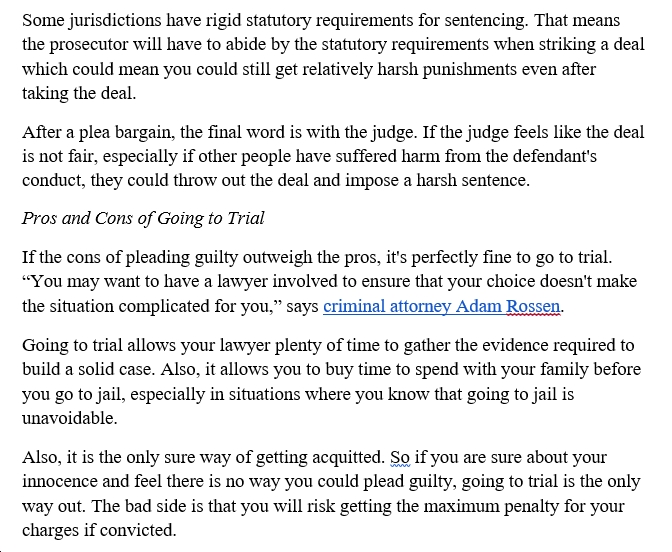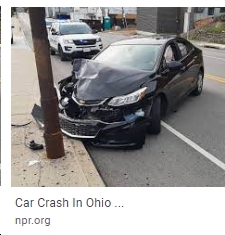SPONSORED CONTENT
Mississippi, like most other states in the country, has done a lot to try and reduce the number of opioid deaths. In August of 2017, Governor Phil Bryant signed an executive order that encouraged law enforcement officers to use naloxone when arriving at the scene of an opioid overdose. Governor Bryant also created the Opioid and Heroin Study Task Force that brings together state agencies as well as medical boards, dental boards, providers, and county representatives to try and address the problem.
Still, the number of opioid deaths in the state has gone up. It has many wondering why, while others understand the reason. Although opioid prescriptions have gone down throughout the state, people will continue to fall victim to wrongful death if real changes are not made.
“Yes, Mississippi has taken great measures to reduce the number of opioid-related deaths we see throughout the state,” says Attorney Matthew Lott of the Lott Law Firm. “Unfortunately, there is still so much that can be done throughout Mississippi. The answers are right there. It is remarkable that no one has utilized them yet.”
One of those answers is to open up Medicaid to low-income adults. This is a right provided under federal law and yet, Mississippi still has yet to do it. Failing to expand this program to other individuals in the state leaves many individuals without the coverage that could help them seek treatment.
Additionally, while Mississippi has encouraged law enforcement to use other medications that can help with an overdose, such as naloxone, medication is not readily available across the state. While naloxone helped saved the lives of over 2,000 Mississippians in 2017, it is largely law enforcement that controls it. Until individuals can gain access to this drug that could save their lives, tragically more are likely to be lost.
Clearly, Mississippi has come a long way. The number of opioid deaths is on par with that of the rest of the country. However, this is still far too many. Until Mississippi makes real changes to Medicaid and places a real emphasis on helping people, more opioid related deaths are going to continue to make news.


















